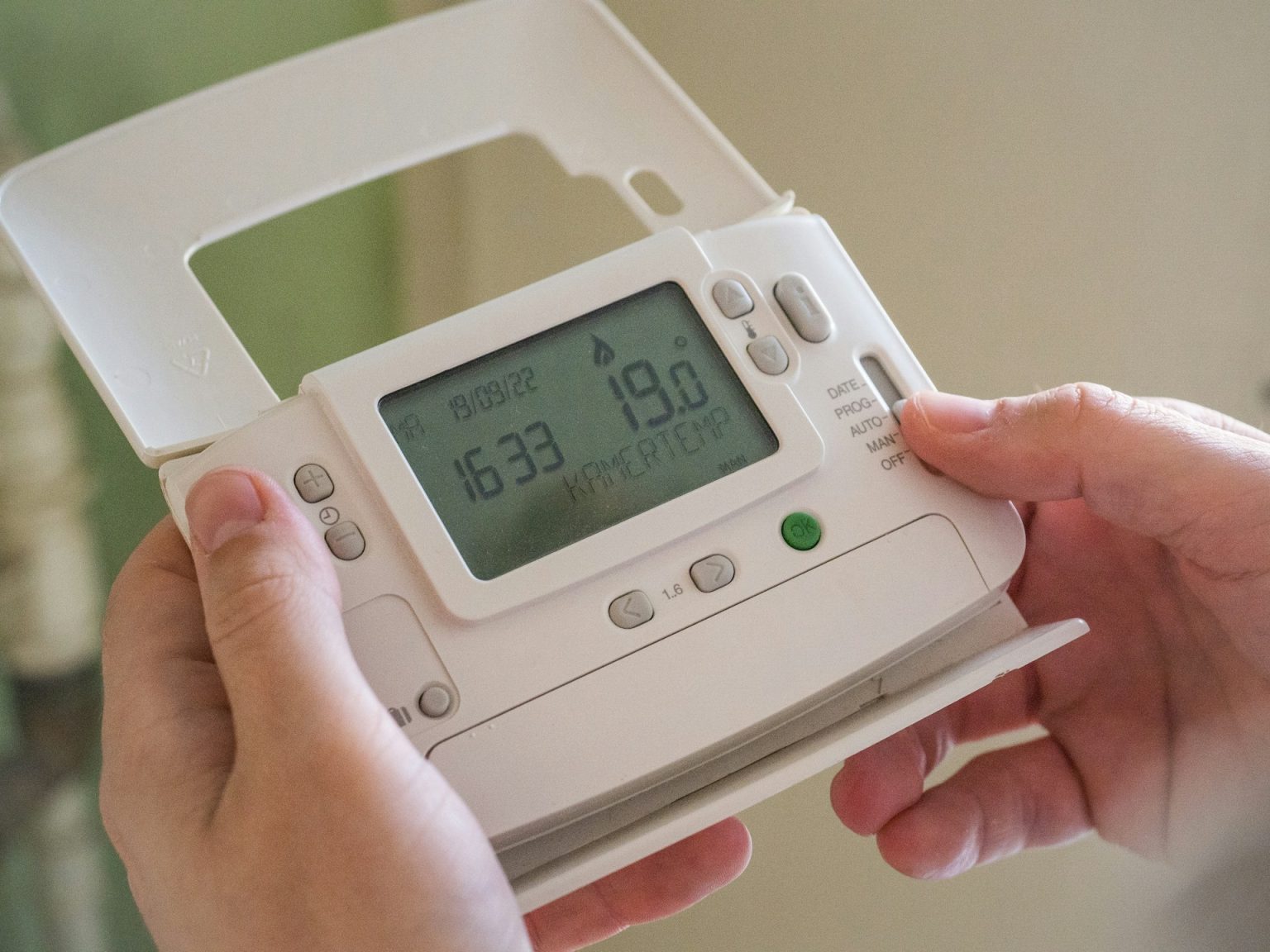Is your boiler broken? Don’t panic! There are some common boiler problems that you can solve yourself before calling a professional. In this article, we’ll look at some of the most common boiler problems and provide DIY solutions for easy repairs. We’ll also explain when it’s best to contact a qualified technician.
Common Boiler Problems:
- No Heat: This is obviously a big problem in cold climates. There could be a few reasons why your boiler isn’t producing heat:
- Thermostat: Make sure your thermostat is set to “heat” and at the desired temperature.
- Pilot Light: If your boiler has a pilot light, make sure it’s lit. Some boilers have electronic ignition so check your manual for specific instructions.
- Fuel Supply: Make sure your boiler has the correct fuel supply (gas or oil).
- Air Pressure: Low air pressure can prevent the boiler from igniting. Refer to your boiler owner’s manual for the recommended air pressure and how to adjust it (if possible).
- Boiler Noise: Your boiler should not be making loud or unusual noises. Crackling, knocking or crackling sounds can indicate a variety of problems:
- Low water pressure: Check your boiler pressure gauge. If pressure is low, consult your manual on how to top off the system (add water).
- Air in the system: Air trapped in the pipes can cause the knocking noise. You may be able to bleed your radiators to release the trapped air (consult your manual for instructions).
- Faulty Part: If the noise persists after checking the water pressure and bleeding the radiator, it’s best to call a professional.
- Boiler Leaks: Boiler leaks can be a serious problem and must be addressed immediately. Do not attempt to repair serious leaks yourself. Switch off the main power to the boiler and contact a qualified technician to diagnose and repair the leak.
- Boiler Won’t Light: If your boiler won’t light, there could be a number of reasons:
- Thermostat: Make sure your thermostat is calling for heat.
- Pilot Light: If your boiler has a pilot light, make sure it’s lit.
- Safety Features: Some boilers are equipped with safety features that can shut down the system if there’s a problem. Check your manual to see if you can reset the security feature.
- Power: Make sure your boiler has power.
Repair it Yourself or Get Professional Help:
Minor boiler problems can sometimes be fixed at home, but it’s important to know when to call in a professional. There are some signs that your boiler needs professional help:
- Large leaks: Do not attempt to repair large leaks yourself.
- No heat after troubleshooting: If you have tried to repair the heat yourself and the boiler still does not work, contact a technician.
- Unusual noises: Continuous crackling, knocking or boiling sounds indicate an underlying problem that requires professional diagnosis.
- Gas leaks: If you suspect a gas leak, immediately turn off the gas supply to the boiler and leave the premises. Open windows and doors to ventilate and contact a qualified technician to repair the leak.
Preventive Boiler Maintenance:
The best way to avoid boiler problems is with regular preventive maintenance. Here are some tips:
- Schedule annual professional maintenance: A qualified technician can inspect your boiler, clean components and identify potential issues before they become major problems.
- Bleed your radiators regularly: This will remove trapped air that can reduce efficiency and cause knocking noises.
- Check your boiler pressure gauge: Maintain water pressure within the recommended range specified in your boiler’s user manual.
- Visual inspection: Look at the boiler and pipes for signs of leaks, corrosion or damage.
By following these tips, you can keep your boiler running smoothly and efficiently for many years to come.
Conclusion:
While some common boiler problems can be addressed with DIY solutions, it’s crucial to know your limitations and call a professional when necessary. Regular maintenance is key to preventing boiler problems and ensuring your heating system operates safely and efficiently.

